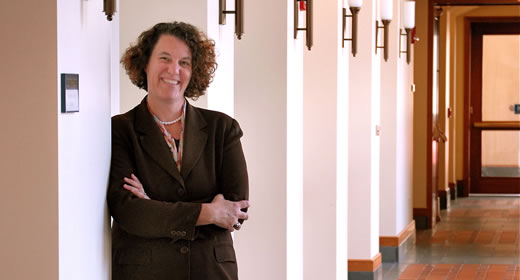
Susan Dynarski tackled charter school effectiveness in her latest New York Times Upshot post, published Friday, Nov. 20. In “Urban Charter Schools Often Succeed. Suburban Ones Often Don’t.,” she speaks to the divide in charter school success rates, which has been established through research in multiple cities over many years.
“In urban areas, where students are overwhelmingly low-achieving, poor and nonwhite, charter schools tend to do better than other public schools in improving student achievement,” Dynarski writes. “Outside urban areas, where students tend to be white and middle class, charters do no better and sometimes worse than other public schools.”
In the piece, Dynarski references her own research, conducted with colleagues at MIT and Harvard, that shows that charter schools in Boston “produced huge gains in test scores.” A majority of students in Boston charter schools are African American and poor.
While there are challenges in evaluating school effectiveness and in comparing charters to traditional public schools, researchers use advanced statistical methods to control for potential biases, which Dynarski highlights in the piece. Analysis of charters is also aided by the fact that charter schools are required to hold lotteries for admission when they have more applicants than seats. Each lottery, Dynarski says, serves as a randomized trial, the gold standard of research methods.
Dynarski does note that these findings do not mean that all urban charters should be expected to improve school achievement, only that, on average, they appear to be beneficial for the given population.
A version of Dynarski's article appeared in print in the Nov. 22 edition of the New York Times.
Susan Dynarski is a professor of public policy, education and economics at the University of Michigan. She is a Faculty Research Associate at the National Bureau of Economic Research and the Center for Analysis of Postsecondary Education and Employment, as well as a Nonresident Senior Fellow in the Economic Studies Program at the Brookings Institution. Her current research focuses on the interaction of inequality and education.
--Story by Paul Gully (MPP '16)